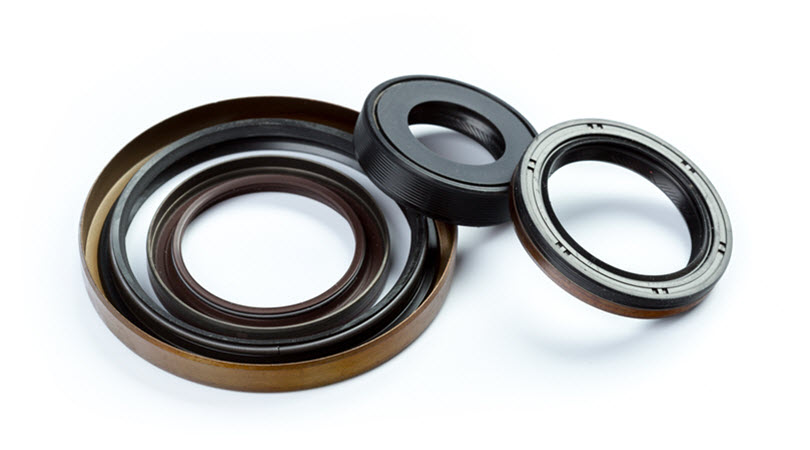
If you’re the owner of an older model Mini, chances are you’ve encountered the dreaded leaky crank seal at some point. It is a common issue for vehicles that have been out on the road for a while and can be identified by a distinct oil stain or pooling found near the engine block.
The crank seal is located between the engine and the transmission, and its job is to keep oil from leaking out. Over time, the seal can become dry or damaged, allowing oil to seep past it and onto other parts of the car. In some cases, the leak may be minor and cause only a small amount of oil to be lost. However, if the leak is left untreated, it can eventually cause major engine damage. Fortunately, we have experienced mechanics who can quickly fix a leaking crank seal. So if you notice oil stains on your driveway, be sure to make an appointment for our mechanics to resolve this problem. However, if you wish to attempt it on your own, we have some tips for you below.
DIY Repair of Crank Seal Oil Leaks
Although this problem may seem daunting, it’s a manageable repair with minimal expense. We recommend replacing the crank seal if you notice any signs of leakage, as well as taking preventive measures such as changing your oil regularly to prevent further damage to other components in your motor.
When it comes to fixing a leak, the most important thing to remember is that the issue won’t fix itself. Although you may think that simply covering up the area with a towel or piece of plastic will do the trick, an effective repair requires a bit more work.
The best way to deal with a leak is to start by cleaning up any grime or debris around the seal so all surfaces are free from obstruction. Then, apply a new sealant and make sure to let it dry for an adequate amount of time. Doing so will ensure that the leak isn’t only temporarily addressed but effectively stopped in its tracks. If the task seems daunting, we’re here to help!
You Can Buy a Replacement Sealant Kit from Your Local Auto Parts Store
Whether you own a modern car or an older model, the integrity of your vehicle’s sealant is essential for preventing leaks and protecting important components from corrosion. Fortunately, it can be easy to buy a replacement sealant kit. Most local auto parts stores stock a range of sealants and other automotive products for any model vehicle.
Typically these kits come with all the necessary components for resealing joints as well as full instructions on how to do it safely and effectively. Even if you have no previous experience, taking care of sealed surfaces in your car is within reach when you choose to purchase a replacement sealant kit. However, if you’re hesitant in the least to do the work with the right tools, our mechanics at Carotetch Automotive are here for you.
Watch for these DIY Problems
Once you’ve applied the new sealant, be sure to keep an eye on the leak and check it regularly to ensure it’s not getting worse. Even if it appears to be fixed at first, there can be underlying problems that are still present and need to be addressed. It’s possible that the sealant could have been compromised during the process, therefore making it more likely that the leak will happen again.
Also, if any amount of water appears during your inspection, you may want to apply another layer of sealant or contact a specialist for further evaluation. Taking extra precautions now can save you from having an even bigger repair bill in the future! If the leak does get worse, or if you can’t seem to fix it, bring your Mini to our mechanics for further diagnosis and proper repair.
Carotech Automotive: Mini Experts at Your Service
If the crank seal leak has gotten worse or if 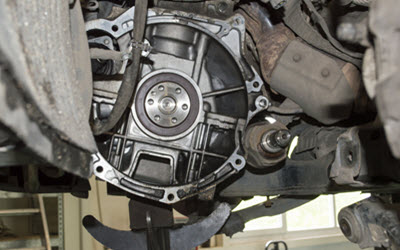 you are unable to fix it on your own, then it’s time to take your Mini to our professional mechanics. Our qualified technicians have the skills and knowledge required to properly diagnose and repair the problem with minimal disruption and cost. Furthermore, we can equip you with information on how best to maintain your vehicle going forward so that similar issues don’t arise in future. Visit us from communities in and around Los Angeles, CA!
you are unable to fix it on your own, then it’s time to take your Mini to our professional mechanics. Our qualified technicians have the skills and knowledge required to properly diagnose and repair the problem with minimal disruption and cost. Furthermore, we can equip you with information on how best to maintain your vehicle going forward so that similar issues don’t arise in future. Visit us from communities in and around Los Angeles, CA!

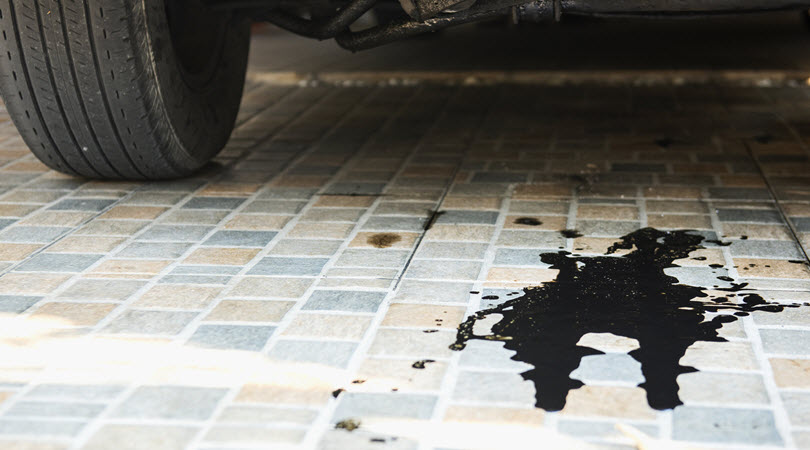
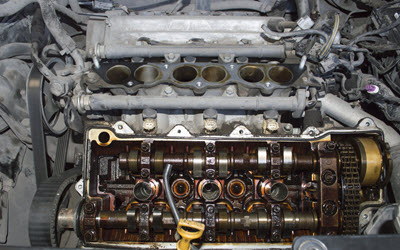 If you are living in or around Los Angeles, CA, and think that your valve cover gasket may have failed,
If you are living in or around Los Angeles, CA, and think that your valve cover gasket may have failed, 
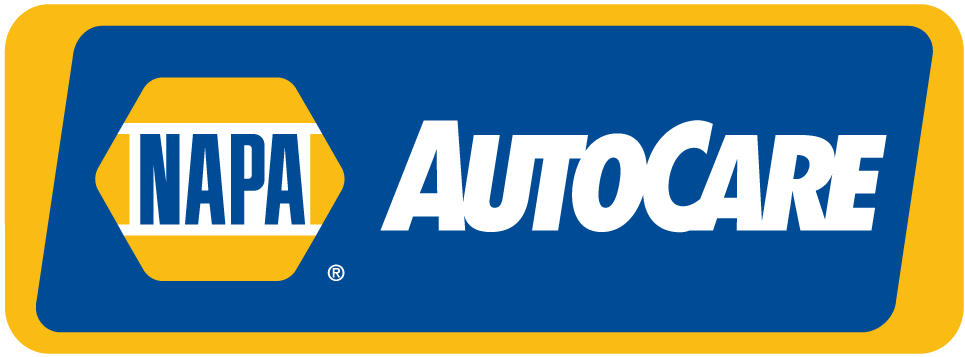


Recent Comments